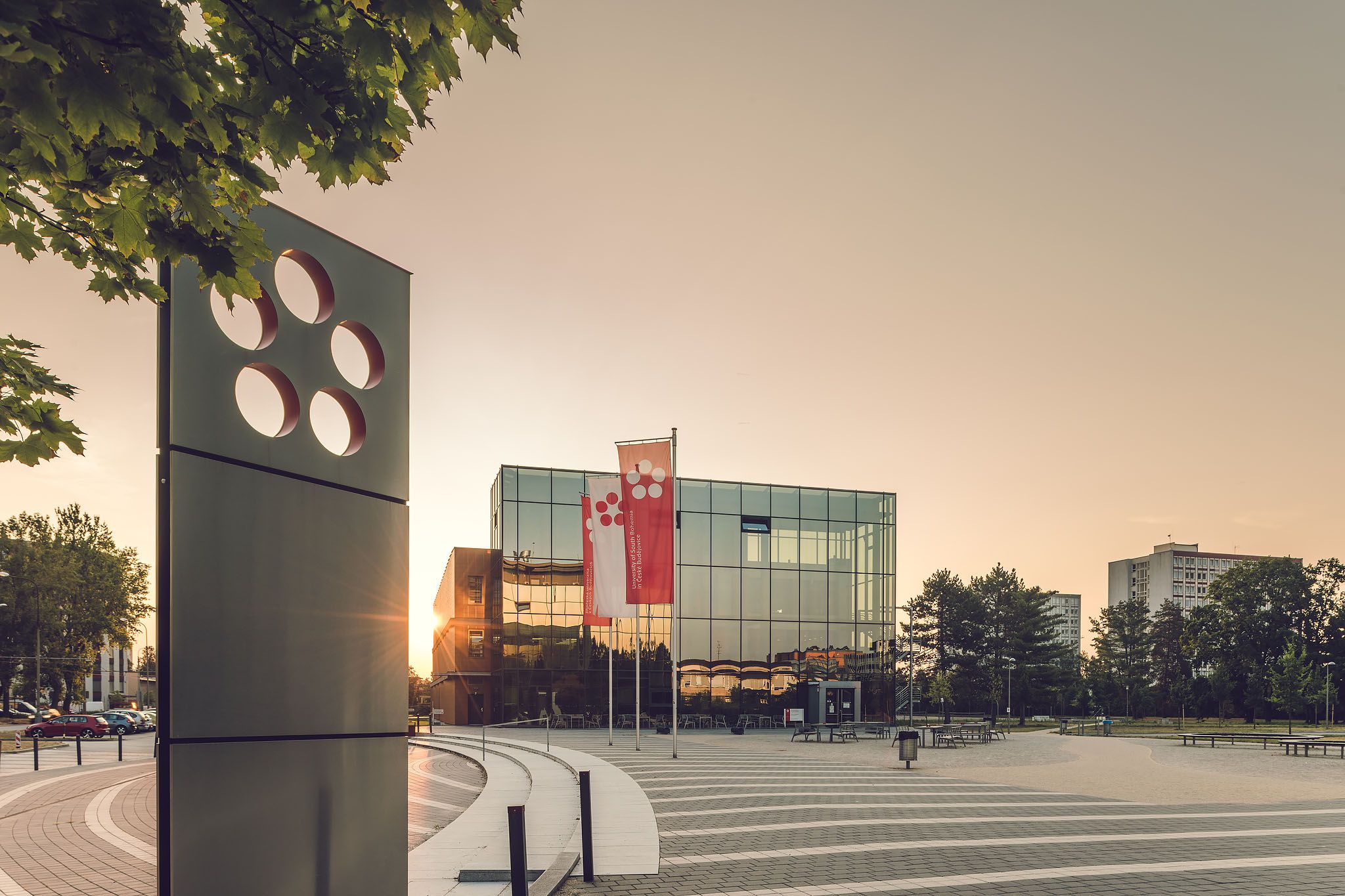
Social safety and security can be defined as the ideal state of an environment in which the behaviour and actions of all present are naturally guided by the principles of collegiality, integrity, equality, respect, openness and consideration for others, and where any form of unwanted behaviour, intimidation, aggression, bullying or discrimination is considered unacceptable, regardless of whether they are students or staff.
Social safety and security in the public university environment has been jointly addressed by Czech universities in the framework of Centralized Development Projects since 2022, building on existing cooperation on the development of the topic of academic ethics and integrity and plagiarism prevention. In 2023, the focus was on the topic of preventing unethical behaviour on campus and promoting competence in victim care.
Centralized Development Projects has created a website that addresses academic integrity issues, opens new topics, gives an overview of workshops, collects useful links and guides, and has its own blog. You can find it all at
akademickatika.cz - Academic Ethics

You don't have to - You can!
Quid pro quo
Just imagine. You get an offer that you feel like turning down for various reasons. But at the same time, you feel a strong fear of what such a rejection might bring. This is because you are aware that the offeror seemingly has the trump cards in his pocket: higher status, reputation, and is not used to being rejected. The recorded situation from the "Quid pro quo" video demonstrates power and influence on the one hand, and fear of the consequences of rejection on the other. In real life, any of us can find ourselves in a similar situation at any time, although the circumstances may be different each time.
How to behave and what to look out for?
It is none of my business
At work or on the street, you may find yourself in a situation that doesn't feel right. The presence of a passive witness, also known as a bystander, is crucial. Why should we intervene in a tense situation? Why shouldn't someone else do it? Unfortunately, if we don't respond, it's likely that no one else will... And we are the ones who can intervene in a situation and help someone.
How to behave and what to look out for?
You don't have to - You can!
You don't have to - You can!
It was just a photo
Trust. One of the most important aspects of interpersonal relationships. But what if it's fragile and only one-sided? Watch the third part of the video series of the "You don't have to - you can" initiative, which shows examples of inappropriate behaviour and advises how best to behave in a given situation.
Strong interpersonal relationships are based on mutual trust and good faith. However, there may be situations in life where a trusting person can get into trouble. For example, by sharing sensitive information such as intimate photographs with an inappropriate person, who in such a situation gains too much power over the trusting person...
No means No
A short, concise and in many cases sufficient answer to a number of questions or troublesome suggestions. "NO" is a complete sentence and the final installment in a series of educational videos on social safety.
"NO!"
One of the first words a young child uses to express disapproval and perhaps displeasure with the suggestions around him. As we mature, the boundaries of the word NO become mysteriously clouded with ambiguity for some. Yet the meaning of the word NO remains: it is an expression of disapproval, displeasure, a setting of boundaries, and a clear definition of one's own safe space. Any further actions beyond the word "NO" often trigger uncomfortable situations, unpleasant memories, and unfortunately create victims of these situations who carry the consequences for a lifetime.
You don't have to - You can!
Useful links and documents
Statutes of the University of South Bohemia in České Budějovice,
Principles of research work and publication of research findings and results,
Principles for Assessment, Evaluation, Reader and Expert Activities,
Gender Equality Plan of the University of South Bohemia in České Budějovice 2025-2028,
Rector’s Ordinance on the internal notification system,
Improved Action Plan for Period until 9/2027,
Ombudsperson of the University of South Bohemia in České Budějovice
Rector's Ordinance No.434 Dealing with Harassment in the Workplace

Another theme permeating the activities of universities across education, research and the third role is the promotion of gender equality, that is designed in the USB Gender Equality Plan.
Activities in this area are framed primarily by the Government Strategy for Gender Equality of the Czech Republic for the years 2014-2020 and the annually updated Action Plan for Gender Equality. The Ministry of Education Youth and Sports (MoEYS) develops its own activities on the basis of the MoEYS Gender Promotion Plans.
The topic of gender in the content of research and innovation is also systematically addressed by the Technology Agency of the Czech Republic. On its website, it provides clear information on news and research and shares methodologies and guidelines and tips for researchers.
The National Contact Centre for Gender & Science provides a comprehensive view of the promotion of gender equality in research, and support for research organisations and the public administration in promoting gender equality in science and research. In addition to consultations and in-house training, they provide studies, guides and project outputs on the impact of gender inequality and the potential for institutions to take effective measures to promote a safe environment. Interested parties can take an e-learning course.
